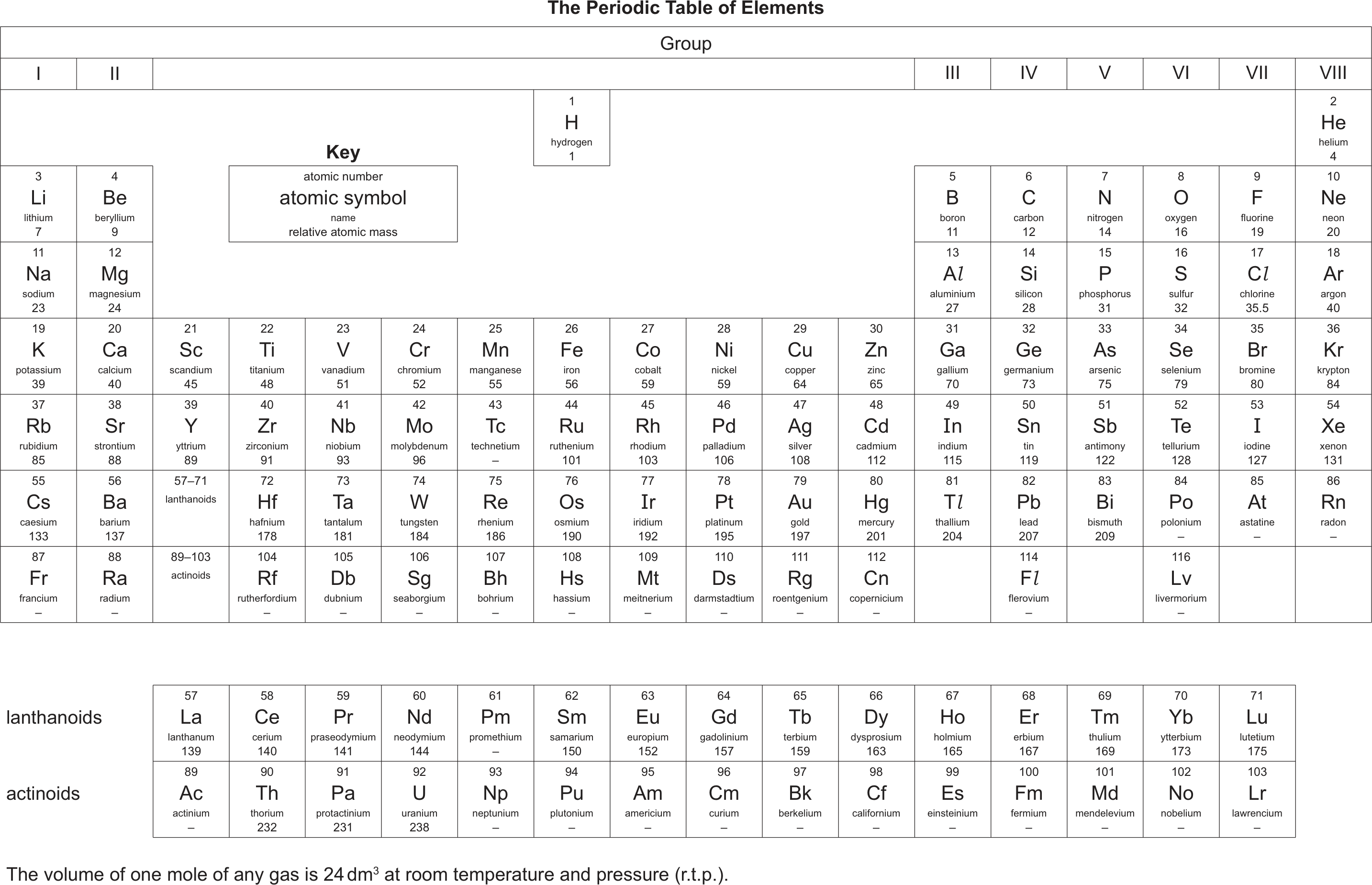recall the reactions (reagents and conditions) by which alcohols can be produced: (a) electrophilic addition of steam to an alkene, \( H_2O(g) \) and \( H_3PO_4 \) catalyst (b) reaction of alkenes with cold dilute acidified potassium manganate(VII) to form a diol (c) substitution of a halogenoalkane using NaOH(aq) and heat (d) reduction of an aldehyde or ketone using NaB\(_4\) or LiAl\(_4\) (e) reduction of a carboxylic acid using LiAl\(_4\) (f) hydrolysis of an ester using dilute acid or dilute alkali and heat
recall the reactions (including reagents and conditions) by which alkenes can be produced: (a) elimination of HX from a halogenoalkane by ethanolic NaOH and heat (b) dehydration of an alcohol, by using a heated catalyst (e.g. \( Al_2O_3 \)) or a concentrated acid (e.g. concentrated \( H_2SO_4 \)) (c) cracking of a longer chain alkane

